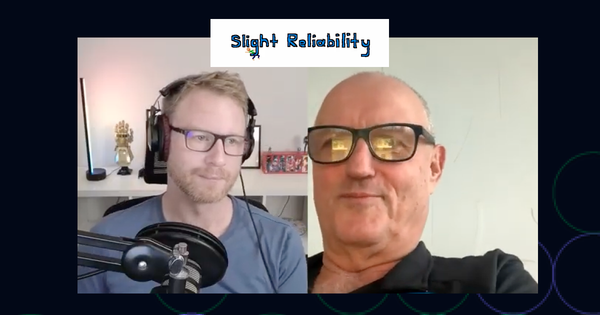
Causality
Slight Reliability EP 113: AI Use-cases for SRE with Shmuel Kliger
Originally published to the Slight Reliability Podcast.

Causality
Originally published to the Slight Reliability Podcast.
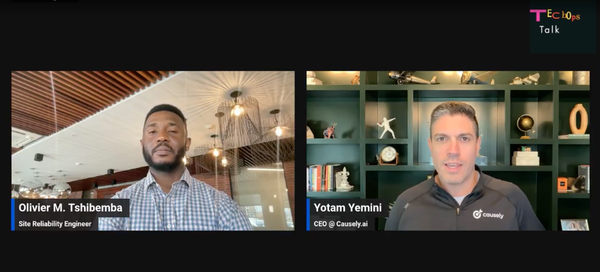
Causality
Learn why causal inference is the missing piece in AI-driven observability, and how Causely is the only AI SRE platform that uses causal reasoning to pinpoint where, what, and why application and system related issues occur.

Press Release
Causely now leverages Google’s Gemini models to enhance how users interact with its Causal Reasoning Engine.
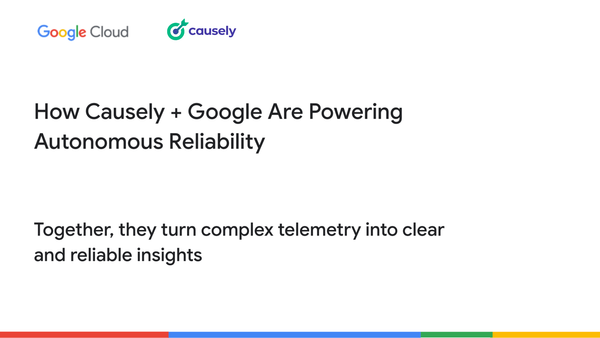
Blog
Gemini’s ability to interpret natural language, generate structured code, and summarize technical context complements Causely’s deterministic causal inference engine, turning complex telemetry into clear and reliable insights.

AI
Modern CTO Podcast's Joel Beasley sits down with Causely CEO Yotam Yemini to dive deep into the world of AI Site Reliability Engineering.

Blog
Whether we call it APM or observability is bikeshedding. What really matters is ensuring systems deliver the service levels users expect. That’s where AI comes in.

AI
Causal reasoning with AI agents enable proactive incident prevention, automated remediation, and a path toward autonomous service reliability.
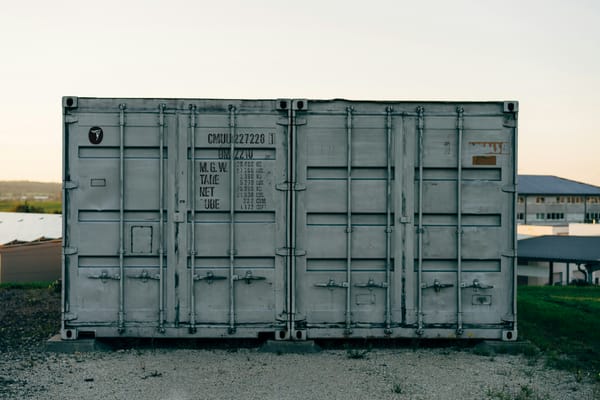
Causality
This post explores four architecture patterns where standalone Docker is not only justified but recommended.
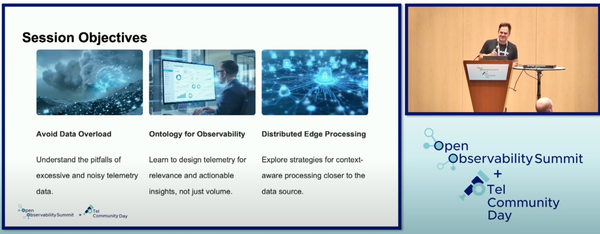
Causality
More telemetry doesn’t guarantee more understanding. In many cases, it gives you the illusion of control while silently eroding your ability to reason about the system.

Blog
“Root Cause Analysis” (RCA) is one of the most overloaded terms in modern engineering. Some call a tagged log line RCA. Others label time-series correlation dashboards or AI-generated summaries as RCA. Some reduce noise by filtering or hiding secondary and cascading alarms. And recently large language models (LLMs) have entered
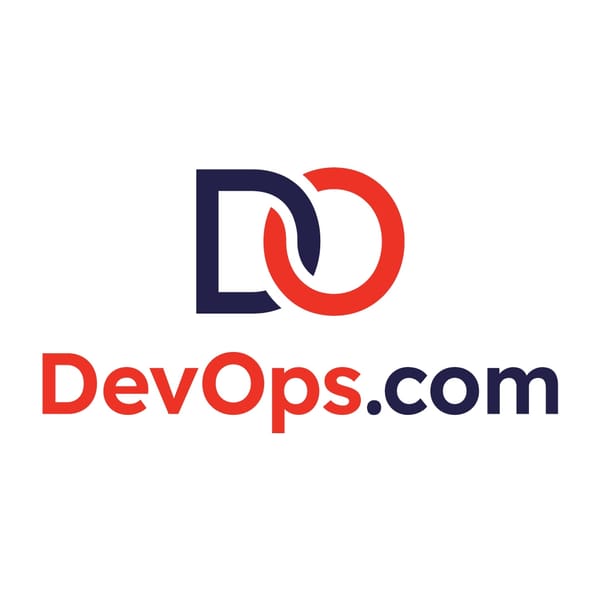
Causality
When it comes to observability and IT operations, our goal should be to get humans out of the loop as much as possible.
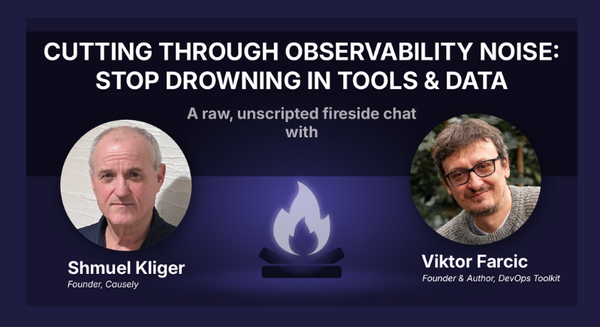
Webinar
“You actually cannot do meaningful reasoning especially when it comes to root cause analysis with LLMs or machine learning alone. You need more than that.” -Shmuel Kliger, Founder of Causely